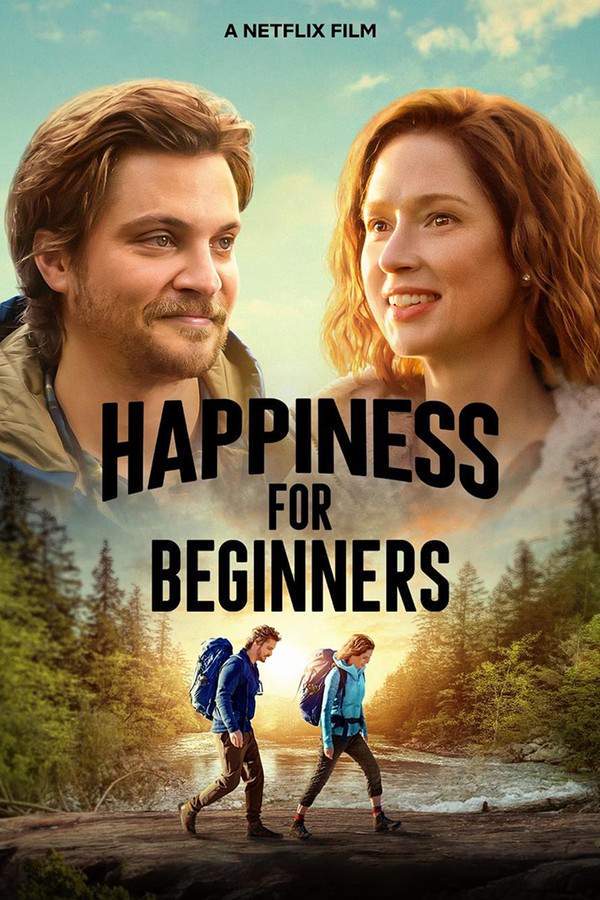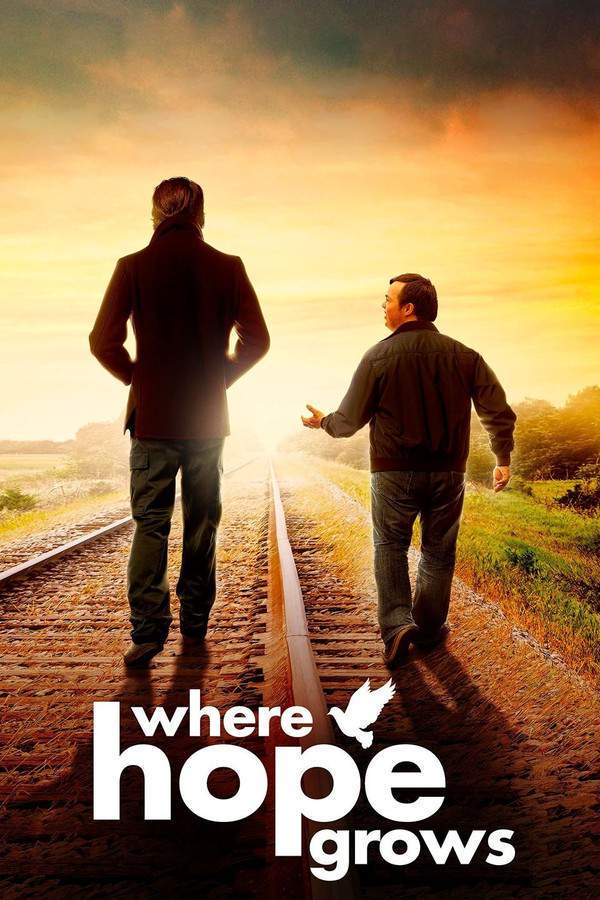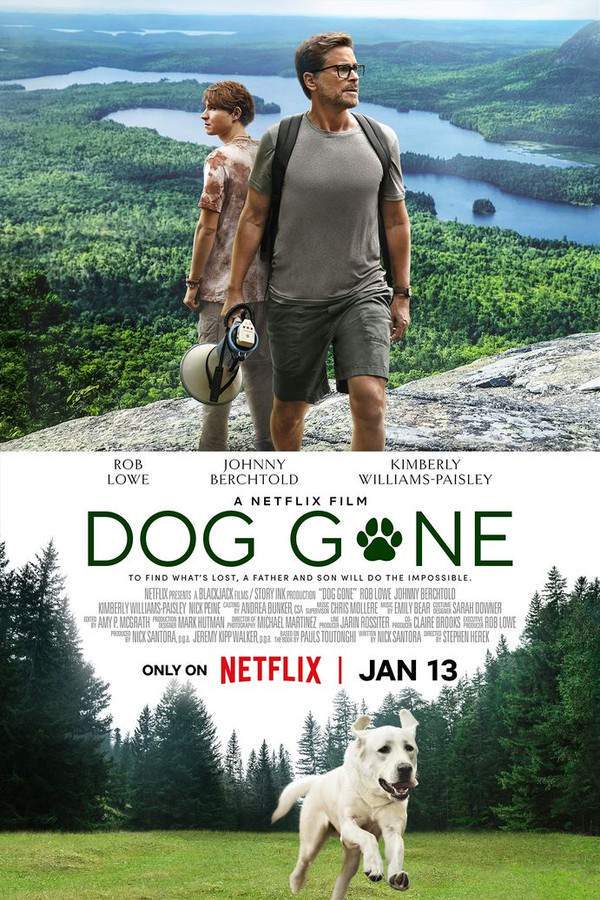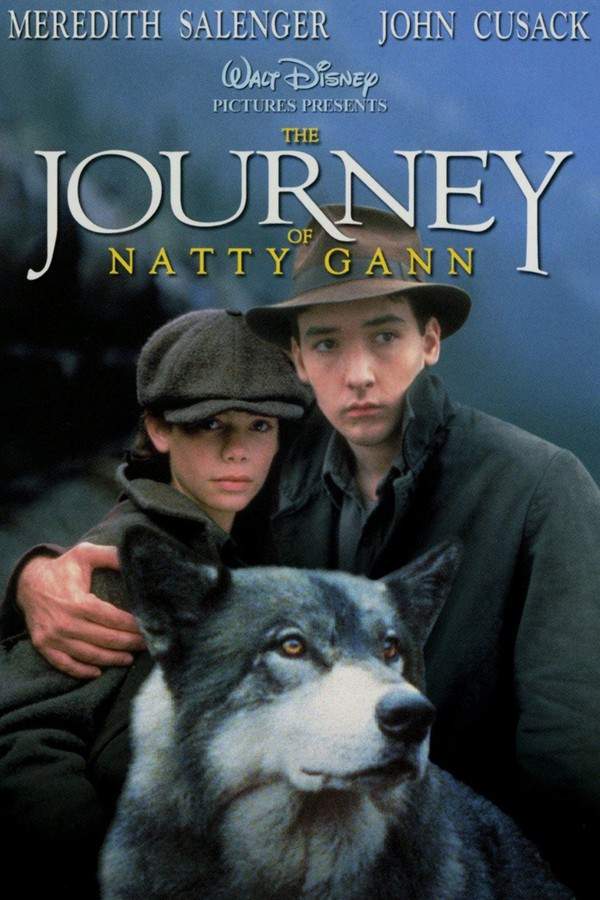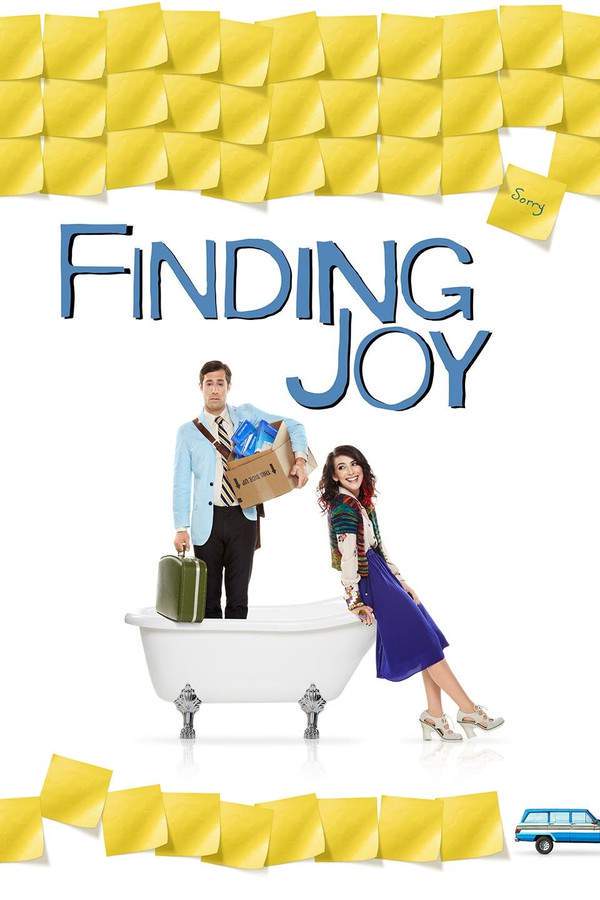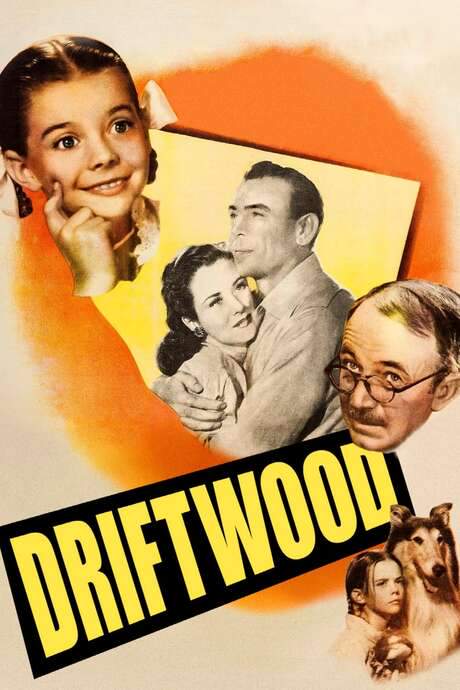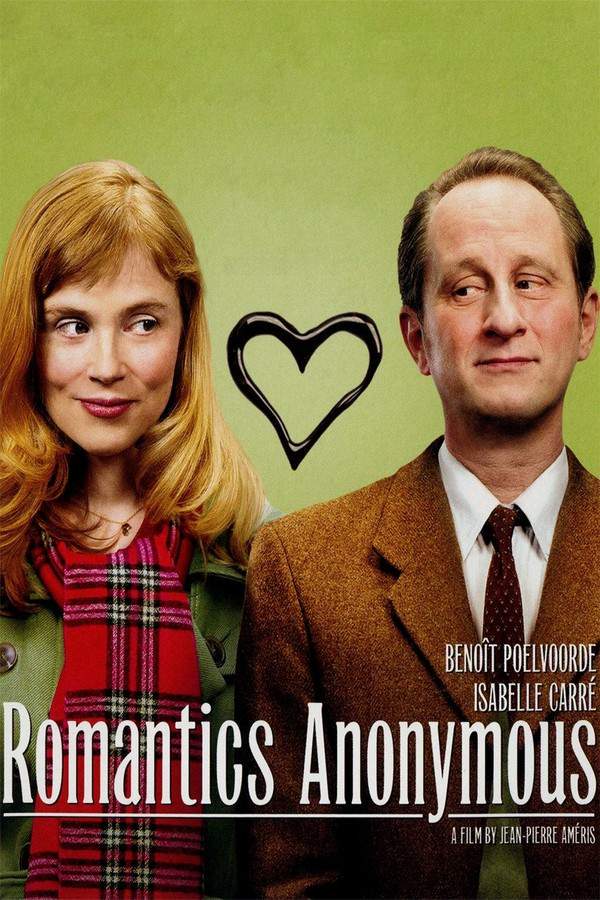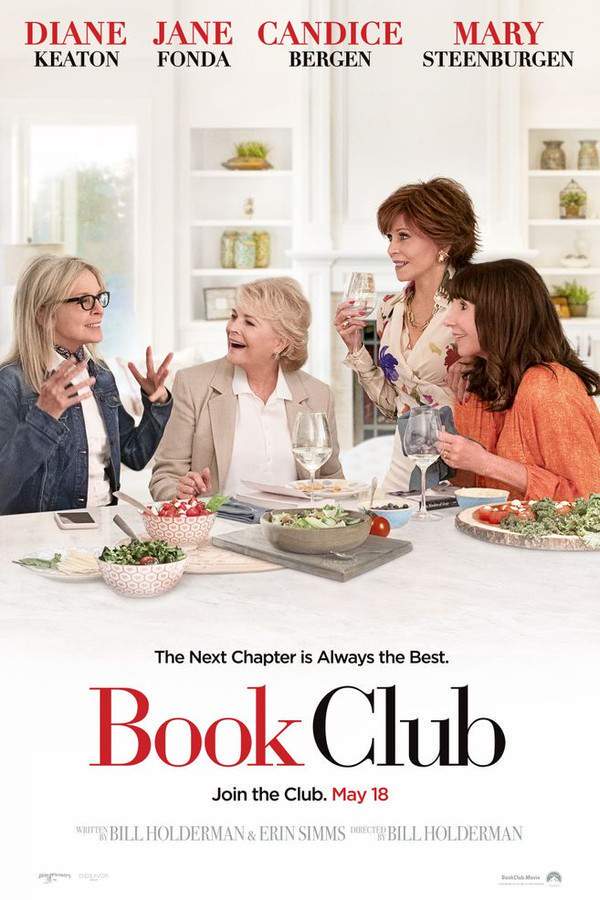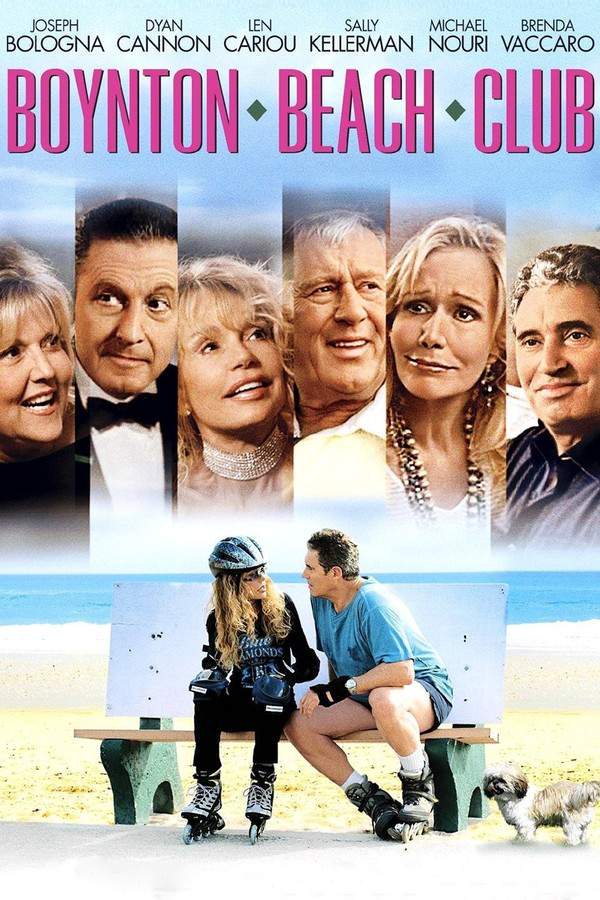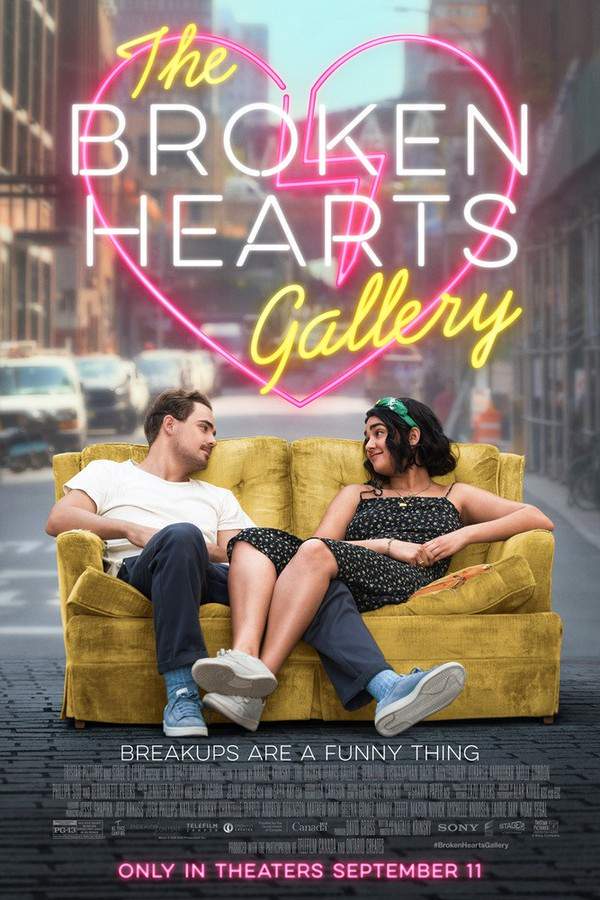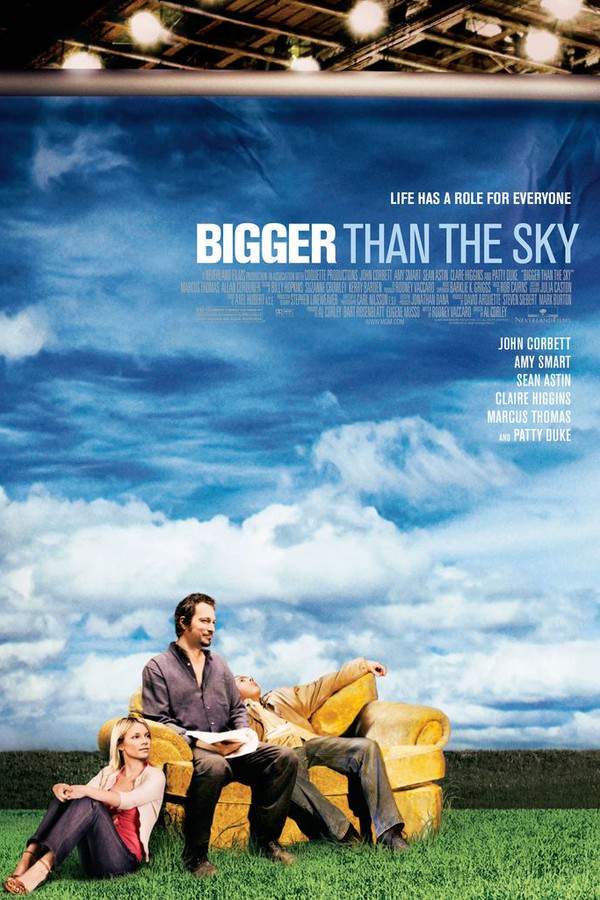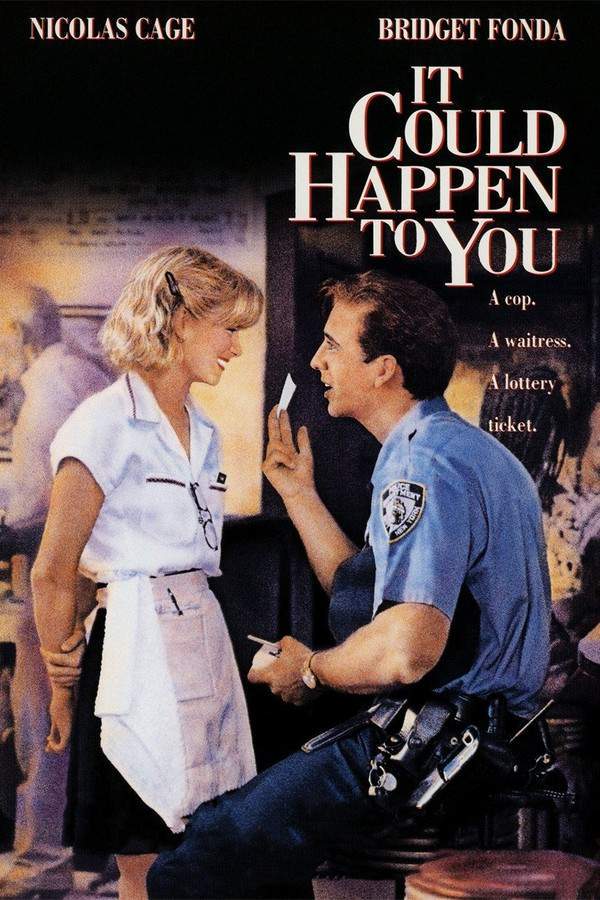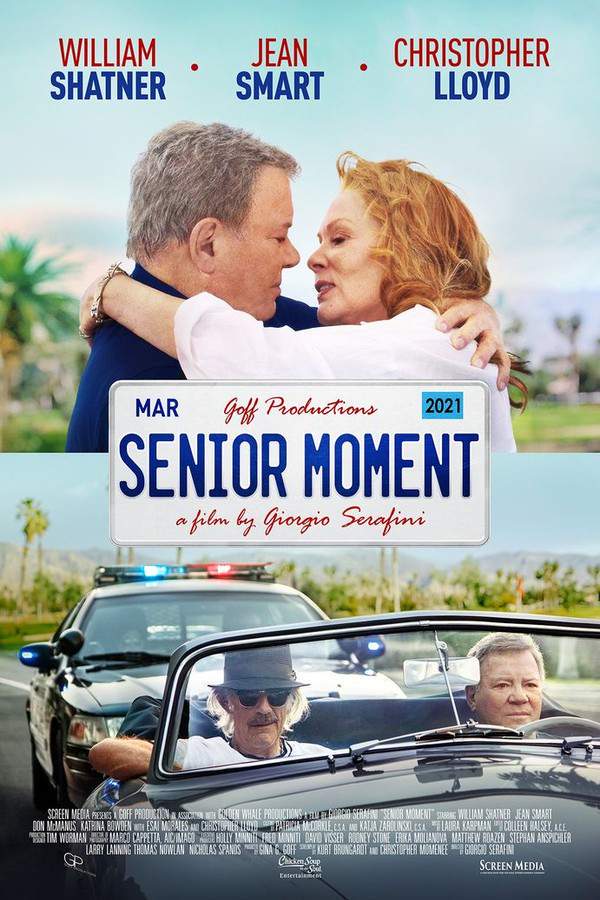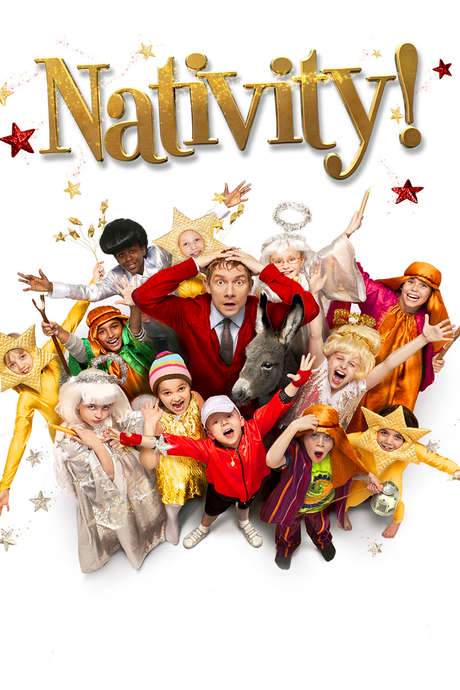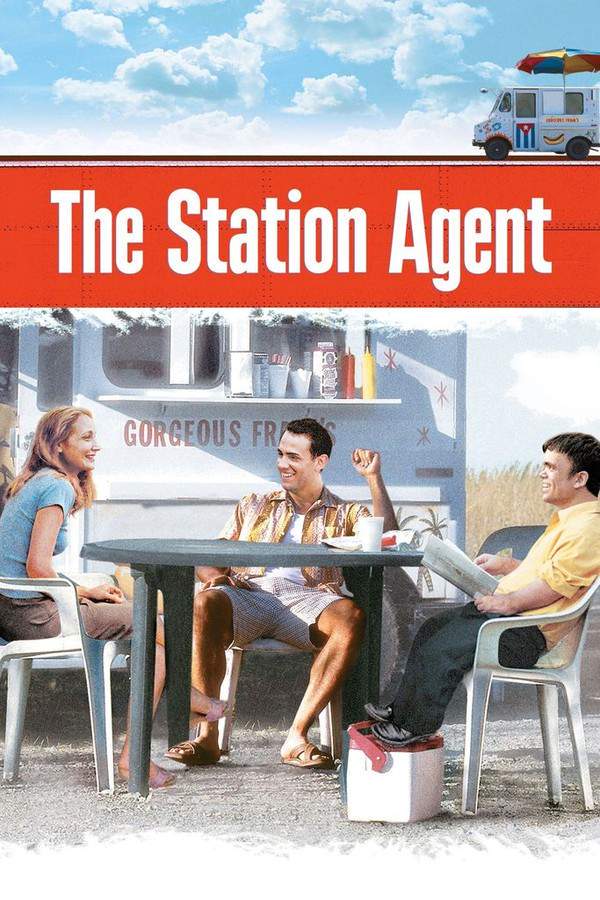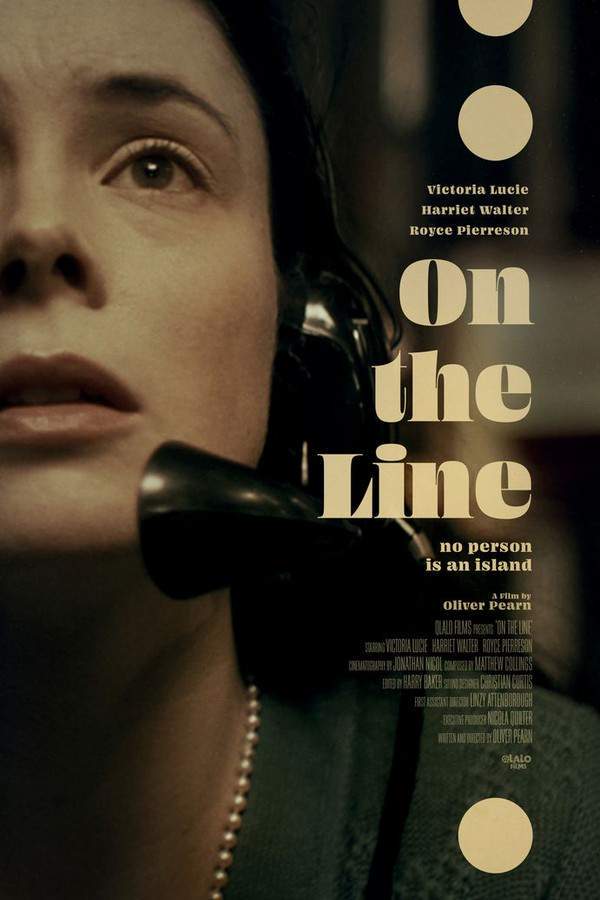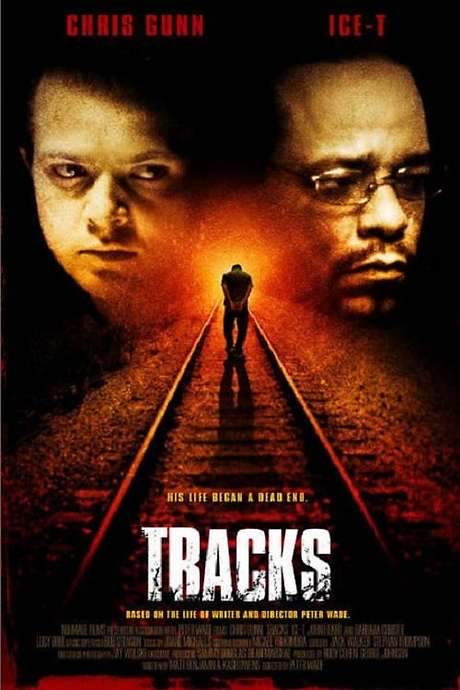
On the Right Track
Year: 1981
Runtime: 97 mins
Language: English
Director: Lee Philips
Lester, a homeless shoeshine boy who lives in a railway station, discovers a surprising talent: while polishing shoes he can pick out the names of the next winning horses from the racing forms. Word of his uncanny ability spreads quickly, and soon everyone is eager to profit from his predictions.
Warning: spoilers below!
Haven’t seen On the Right Track yet? This summary contains major spoilers. Bookmark the page, watch the movie, and come back for the full breakdown. If you're ready, scroll on and relive the story!
On the Right Track (1981) – Full Plot Summary & Ending Explained
Read the complete plot breakdown of On the Right Track (1981), including all key story events, major twists, and the ending explained in detail. Discover what really happened—and what it all means.
In a bustling, neon-lit world of trains and ticket booths, a quiet life unfolds for a 10-year-old shoeshine named Lester, who makes a home inside a locker at Chicago’s Union Station. He moves through the station’s maze of tracks, arcades, and waiting areas with a gentle kindness that endears him to most of the staff and street performers who share the space. The only friction comes from a station official who dislikes that Lester works without a permit, a reminder that even in this forgiving microcosm, rules matter.
Lester’s daily rituals are sustained by a circle of protectors and mentors. Sam [Herb Edelman], the owner of the station’s pizzeria, ensures he has meals and warmth, while Robert [Bill Russell], in charge of the station’s health club, makes sure he stays clean and cared for. Jill Klein, [Lisa Eilbacher] the arcade repair technician, becomes a devout teacher of history and a quiet source of companionship. And then there’s Mary, the station’s bag lady, a figure Lester tends to as much as she tends to him, offering her a few coins in return for her own small dignity.
The bond between Lester and Jill deepens one afternoon when Lester bets on a horse for her, hoping to bring a little luck to someone who has already given him so much. Jill, however, worries about his precarious life living in a locker and fears the consequences if his situation becomes public. Lester’s fear of leaving the station is rooted in a belief that he might be branded a juvenile delinquent or a runaway if he steps into the outside world.
The fragile equilibrium is disrupted when the shoe-concessionaire reports Lester’s presence to juvenile services, prompting Frank Biscardi, [Michael Lembeck], to be dispatched to investigate. Frank arrives, drawn instantly to Jill’s presence and charm. He probes for information about Lester, who remains hidden in plain sight, and a flirtation quickly blossoms between Frank and Jill. Their budding romance briefly takes center stage as they chase Lester through the labyrinthine corridors of the station, trying to coax him out and coax a sense of safety into his world. When they finally corner him, Lester does what he can to divert attention—naming horse winners—before being escorted away from the more dangerous streets of the terminal.
Outside the safety of the station’s interior, a tense scene erupts: a gunfight between bandits and police that culminates in a visit to a dilapidated shelter where Lester is left to fend for himself. Jill and Frank embark on a date that reveals how differently they view the world—she questions the ethics of using Lester’s gift for gambling, while Frank finds himself drawn to the idea of helping a boy who has shown him something remarkable. Frank, who realizes that Lester’s horse-guessing talent points to a larger opportunity, resolves to pursue a plan that could lift Lester out of the locker and into a steadier life.
As their relationship evolves, Frank and Jill consider a future together that includes caring for Lester. They arrange meals, shelter, and a sense of belonging, hoping to demonstrate that love and responsibility can coexist with the boy’s extraordinary gift. Yet Jill discovers a harder truth: Frank’s plan to use Lester as a means to win big at the tracks is not quite the partnership she envisioned. This realization tests their bond, but Frank reassesses his priorities and becomes determined to help Lester in a more human, lasting way.
Meanwhile, Lester’s uncanny ability to pick winning horses continues to ripple through every scheme and scheme’s failure. Frank’s ambitions eventually draw him into the world of gambling with the mob, a treacherous path that offers a strikingly large dividend: a million dollars. The mob’s pursuit of the money drives a risky sequence of moves, culminating in a decision to stash the cash in Lester’s locker as a way to outsmart the authorities and the odds. The plan spirals into chaos, and Lester, once content with his quiet life, finds himself trapped again in a world of adults who hunger for power and profit.
The tension peaks as the city’s leaders learn of Lester’s presence and the potential to transform Union Station into a charitable beacon of public good. The mayor, played with authority and nuance, makes his pitch: Lester can win a million dollars for the city if he can run his own little business in the station, with the proceeds directed toward schools, sanitation, and social services. Frank and Jill, now knowing that their own relationship must bend toward something larger and more selfless, propose a plan to adopt Lester within a week and give him a real home.
But the money changes everything. Lester learns that much of the fund’s supposed good will end up banked away, and his instinct tells him to resist the political and financial machinations that seek to control his fate. He chooses to return to his roots, to the simple dignity of shining shoes in the station, rather than be co-opted by grown-up schemes. The tale circles back to a quieter resolution: Frank and Jill, in a gesture of trust and family, decide to bring Lester home and start a family, ensuring that his future will be defined not by profit or power but by care, stability, and love.
In the end, the film offers a portrait of resilience and community—the way a few steadfast people can shelter a child in a city that never stops moving. Through the kindness of a pizzeria owner, the steady presence of a health club supervisor, a history teacher who believes in education and empathy, and a reserved but hopeful romance, Lester learns that belonging isn’t about where you sleep, but who you are with when you sleep, and who you become when you’re finally allowed to dream beyond the locker.
Last Updated: October 09, 2025 at 14:51
Explore Movie Threads
Discover curated groups of movies connected by mood, themes, and story style. Browse collections built around emotion, atmosphere, and narrative focus to easily find films that match what you feel like watching right now.
Movies about resilient children like On the Right Track
Stories where young characters overcome hardship with optimism and community support.If you liked the hopeful story of Lester in On the Right Track, you'll enjoy these movies about resilient kids overcoming adversity. This collection features films with gentle pacing, heartfelt community support, and emotionally uplifting journeys of young characters facing hardship.
Narrative Summary
The narrative follows a child protagonist navigating a challenging situation, often involving themes of homelessness, neglect, or being an outsider. The central conflict is typically external, with the child's innocence and resilience pitted against a world that is initially uncaring. The resolution involves the child finding a safe haven or a 'found family,' leading to a hopeful or happy ending.
Why These Movies?
These movies are grouped together because they share a core focus on a child's perspective, a gentle yet steady pacing, and a tone that balances sadness with overwhelming hope. The emotional experience is centered on rooting for the young protagonist as they navigate towards a better life.
Community-focused movies like On the Right Track
Gentle films where a unique community comes together to protect one of their own.Explore more movies like On the Right Track that celebrate the power of community. These films feature a steady pace, a hopeful tone, and focus on how a unique group of people comes together to support a protagonist, creating a cozy and uplifting viewing experience.
Narrative Summary
The plot unfolds within a confined or specific setting that functions almost as a character itself. A newcomer or an existing member of this community faces a challenge. Instead of solving it alone, the diverse group of people within this world gradually unite, using their collective strengths to overcome external pressures and ensure a positive outcome for the protagonist.
Why These Movies?
These films are connected by their shared mood of quiet optimism, their focus on 'found family' and community bonds as the primary source of strength, and a steady, methodical pacing that allows you to get to know each character. The vibe is consistently hopeful and comforting.
Unlock the Full Story of On the Right Track
Don't stop at just watching — explore On the Right Track in full detail. From the complete plot summary and scene-by-scene timeline to character breakdowns, thematic analysis, and a deep dive into the ending — every page helps you truly understand what On the Right Track is all about. Plus, discover what's next after the movie.
On the Right Track Timeline
Track the full timeline of On the Right Track with every major event arranged chronologically. Perfect for decoding non-linear storytelling, flashbacks, or parallel narratives with a clear scene-by-scene breakdown.

Characters, Settings & Themes in On the Right Track
Discover the characters, locations, and core themes that shape On the Right Track. Get insights into symbolic elements, setting significance, and deeper narrative meaning — ideal for thematic analysis and movie breakdowns.

On the Right Track Spoiler-Free Summary
Get a quick, spoiler-free overview of On the Right Track that covers the main plot points and key details without revealing any major twists or spoilers. Perfect for those who want to know what to expect before diving in.

More About On the Right Track
Visit What's After the Movie to explore more about On the Right Track: box office results, cast and crew info, production details, post-credit scenes, and external links — all in one place for movie fans and researchers.

Similar Movies to On the Right Track
Discover movies like On the Right Track that share similar genres, themes, and storytelling elements. Whether you’re drawn to the atmosphere, character arcs, or plot structure, these curated recommendations will help you explore more films you’ll love.
Explore More About Movie On the Right Track
On the Right Track (1981) Scene-by-Scene Movie Timeline
On the Right Track (1981) Movie Characters, Themes & Settings
On the Right Track (1981) Spoiler-Free Summary & Key Flow
Movies Like On the Right Track – Similar Titles You’ll Enjoy
The Station Agent (2003) Story Summary & Characters
Tracktown (2017) Plot Summary & Ending Explained
On the Line (2001) Full Summary & Key Details
Right on Track (2003) Spoiler-Packed Plot Recap
Tracks (2005) Movie Recap & Themes
On the Wrong Track (1983) Movie Recap & Themes
On the Wrong Track (1983) Movie Recap & Themes
A Pleasant Journey (1923) Spoiler-Packed Plot Recap
Now or Never (1921) Spoiler-Packed Plot Recap
Money Train (1995) Story Summary & Characters
Don’t Bet on Love (1933) Ending Explained & Film Insights
That Gang of Mine (1940) Film Overview & Timeline
Love on a Bet (1936) Spoiler-Packed Plot Recap
Riding High (1950) Movie Recap & Themes
Going Places (1938) Full Summary & Key Details

